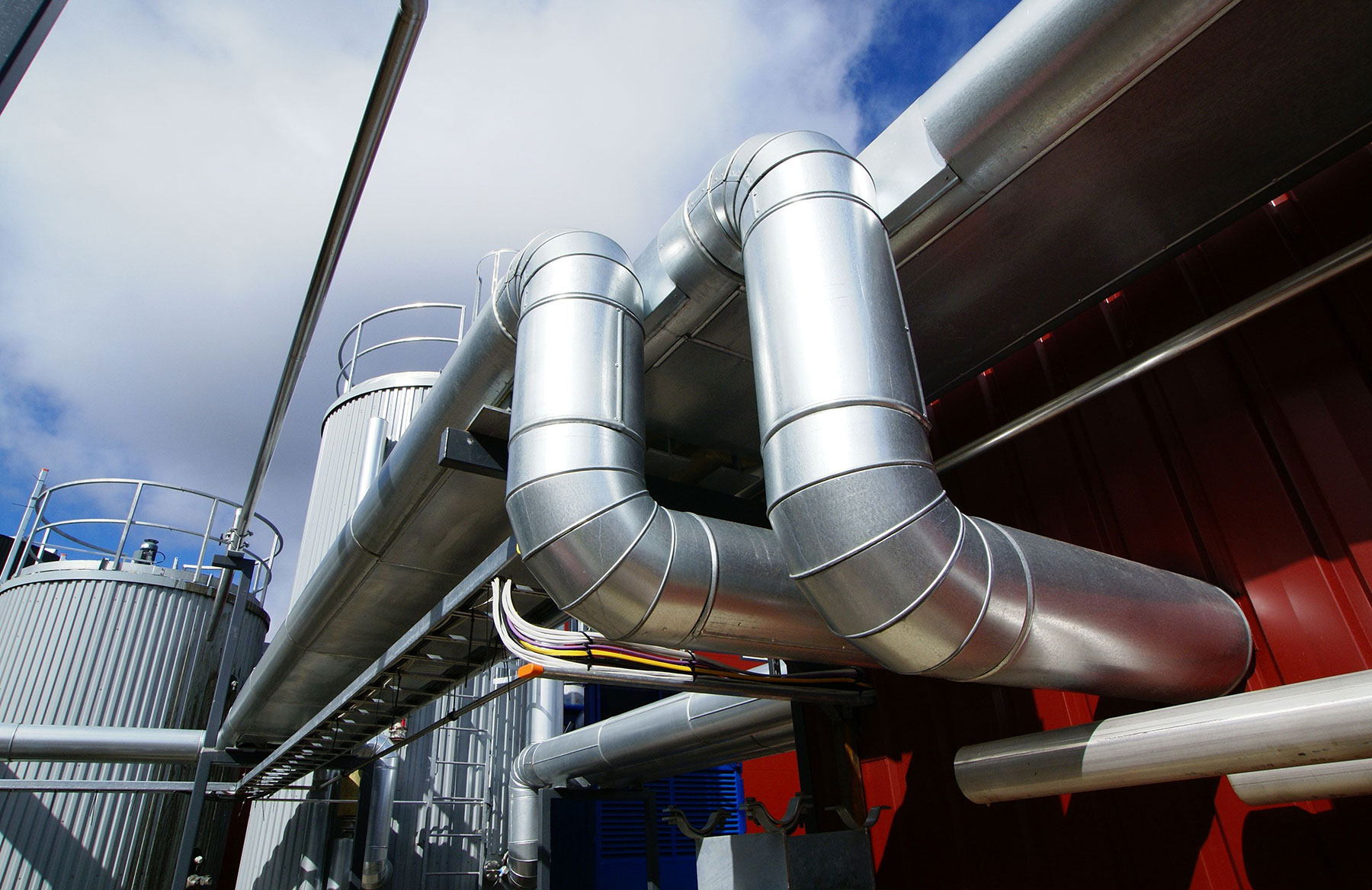As the UK pushes harder toward net-zero targets, installing air conditioning systems isn’t just about delivering comfort anymore. It’s about compliance, carbon reduction, and ensuring your building won’t become obsolete as regulations tighten.
For contractors and consultants, partnering with a full-service mechanical subcontractor who understands sustainability, refrigerant legislation, and futureproofing best practices isn’t just nice to have; it’s essential.
At A&S Mechanical, we specialise in sustainable commercial air conditioning installation that’s designed to meet today’s demands and tomorrow’s standards.
Here’s how full-service subcontractors, like us can help you deliver HVAC projects that are futureproof, low-carbon, and high-performance.
1. Understanding and Aligning with UK Regulatory Requirements:
F-Gas Regulations & Low-GWP Refrigerants
From 1 January 2025, new single-split air conditioning systems with a Global Warming Potential (GWP) over 750 are banned in the UK.
That means that systems using older refrigerants like R-410A or R-407C are being phased out. To stay compliant (and avoid expensive retrofits), you need to specify systems that use low-GWP refrigerants (for example R-32 or other approved alternatives). A full-service subcontractor ensures all components (compressors, pipes, indoor units) are matched and compliant from the outset.
Building Regulations, Part L & Future Buildings Standard
The UK’s Building Regulations Part L (Conservation of Fuel and Power), along with the proposed Future Buildings Standard, set stricter energy efficiency requirements for non-domestic buildings.
This includes performance of fixed building services (like air conditioning), thermal performance of the building envelope, and how systems are commissioned and maintained. Full-service subcontractors are well-positioned to design, build, and test installations to meet these standards.
EPC / MEES / EPC Reform
Minimum Energy Efficiency Standards (MEES) regulations and upcoming changes to Energy Performance Certificates (EPCs) for commercial buildings push for higher efficiency. As EPC ratings become stricter, clients will expect reduced energy usage – HVAC systems are a big piece of that.
TM44 Inspections
Systems over 12 kW cooling capacity must undergo TM44 inspection. These check system efficiency, maintenance, and whether cooling capacity matches building needs. Failure to comply can lead to penalties and poor EPC outcomes.
Did you know? Systems over 12 kW cooling capacity must undergo TM44 inspections every five years?
This is enforced through Energy Performance of Buildings (Certificates and Inspections) (England and Wales) Regulations 2007, and is overseen by the Department for Levelling Up, Housing and Communities (DLUHC).
Why Sustainable HVAC Technologies Are Gaining Ground
VRF & Heat Recovery VRF
Variable Refrigerant Flow systems, especially those with heat recovery, let buildings heat some zones while cooling others simultaneously. This reduces waste significantly and improves overall energy efficiency, sometimes delivering improvements of 30% or more in energy use compared to traditional heating/cooling systems.
Using Low-GWP Refrigerants & Natural Alternatives
Modern HVAC systems are moving toward refrigerants with lower impact, like R-32 or natural refrigerants (CO₂, propane/R-290) in specific applications. Systems with high GWP are being phased out. Specifying the right refrigerant now avoids future replacement costs.
Improved Controls, Zoning & Smart Monitoring
One of the biggest gains in sustainability comes from controls: ensuring only occupied areas are conditioned, using sensors, building management systems (BMS), and scheduling. VRF & HVRF systems excel here, allowing precise temperature control and reducing wasted energy.
How Full-Service Mechanical Subcontractors Make Future-Ready HVAC Happen
Integrated Design & System Selection
Instead of retrofitting or bolting on greener tech later, a full-service subcontractor can plan from Day 1. We concept projects with proactive decisions: choosing efficient systems, specifying low-GWP components, designing for expansion / adaptability, and aligning with future regulation standards.
Lifecycle Cost & Return on Investment (ROI) Thinking
Sustainable HVAC often costs more upfront but saves in running costs, maintenance, and environmental compliance. Full-service providers evaluate total cost of ownership: energy consumption, maintenance, refrigerant replacement / upgrades, regulatory risk. Contractors who choose that route often deliver better value to their clients.
Maintenance & Operational Efficiency
Even the best-specified system underperforms without good maintenance. Planned preventative maintenance (PPM), TM44 compliance, and performance audits are part of futureproofing. A full-service subcontractor ensures ongoing performance; avoiding the “set up and forget” trap.
Flexible & Scalable Systems
Buildings evolve. What’s fit for purpose now may need scaling later. Systems like VRF / HVRF are modular and scalable. They allow for future addition of zones, upgrades, or integration with renewables (solar, heat pumps) or BMS.
Talk to an expert
Trust A&S Mechanical for efficient, effective ventilation and air conditioning solutions that support your business needs. Contact us today to discuss your commercial or industrial space. Get in touch.
